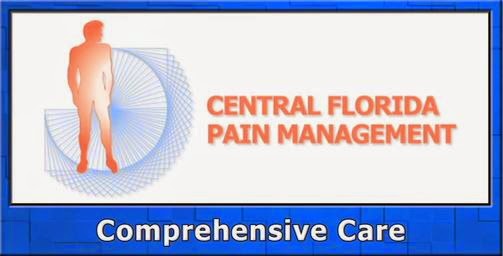
In today’s world and the ever changing coverage and rules of health insurance it is sometimes difficult to know if you are choosing the right medical coverage for yourself. Here are the most common questions patients ask me:
How
can I find out if a doctor is in network with my Insurance plan?
This information can be found online these day’s via
your insurance plan website. If unsure
about how to access and find this information as some sites may not seem user
friendly you can also call your insurance carrier and inquire. There is a member phone number on the back of
your insurance card. Once you confirm
that your doctor or doctor you are being referred to is in network this means
services provided to you will be processed at a contracted fee schedule. Co-pays, Co-insurance and Deductibles will
still apply to the patients responsibly per the plan you have chosen.
Is
my doctor’s office responsible for checking my coverage and benefits?
No. As with most insurance the patient’s benefits
can be quite vast with all the different plans available to choose from. Also some insurance plans require prior
authorizations for certain or all services rendered depending on your chosen plan
such as HMO’s and Managed Care and Replacement plans for Medicare. However, here at
Central Florida Pain Management we verify your coverage and any prior
authorization as a courtesy to our patients to help ensure your services will
be reimbursed by your plan and also to help eliminate any unexpected out of
pocket cost to you. Remember coverage can change
between the time it is verified and services are rendered. The benefits are the patient’s responsibility
to know and understand.
Your insurance carrier must notify you of any
changes to your policy or coverage cancellation. However, keep in mind it is ultimately the
patients responsibility to keep current on any and all changes.
How
will I know if I need Prior Authorization?
Some
insurance plans require prior authorization for certain or all services in
order for the services to be paid. We here at Central
Florida Pain Management will call to obtain authorization with the many plans
we are participating with. However, it is your responsibility as the patient
to know if your insurance requires prior authorizations.
Remember all
insurance plans should provide you with a policy and coverage handbook. You can also contact your health plan via
phone by calling the member phone number on the back of your insurance card and
customer care will be able to answer any questions you have regarding your policy.
Blog by: Teresa McPherson, CEO


